-
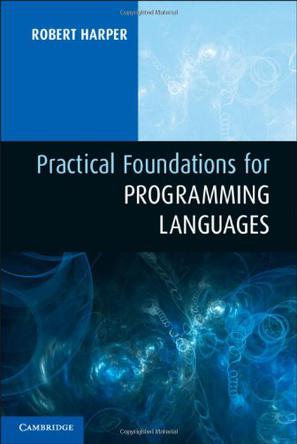
Practical Foundations for Programming Languages
In this innovative book, Professor Robert Harper offers a fresh perspective on the fundamentals of programming languages through the use of type theory. Whereas most textbooks on this subject emphasize taxonomy, Harper instead emphasizes genetics, examining the building blocks from which all programming languages are constructed. The result is an introduction to programming theory that is both accessible and practical. -
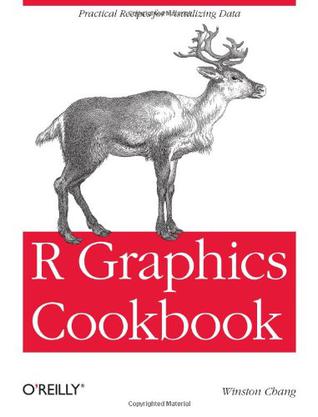
R Graphics Cookbook
This practical guide provides more than 150 recipes to help you generate high-quality graphs quickly, without having to comb through all the details of R's graphing systems. Each recipe tackles a specific problem with a solution you can apply to your own project, and includes a discussion of how and why the recipe works. Most of the recipes use the ggplot2 package, a powerful and flexible way to make graphs in R. If you have a basic understanding of the R language, you're ready to get started. Use R's default graphics for quick exploration of data Create a variety of bar graphs, line graphs, and scatter plots Summarize data distributions with histograms, density curves, box plots, and other examples Provide annotations to help viewers interpret data Control the overall appearance of graphics Render data groups alongside each other for easy comparison Use colors in plots Create network graphs, heat maps, and 3D scatter plots Structure data for graphing -
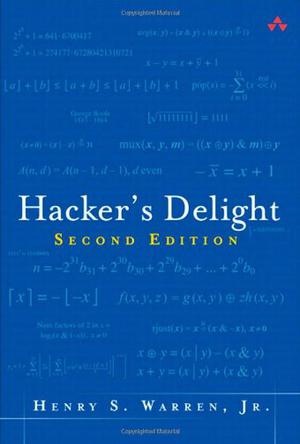
Hacker's Delight
In Hacker's Delight, Second Edition, Hank Warren once again compiles an irresistible collection of programming hacks: timesaving techniques, algorithms, and tricks that help programmers build more elegant and efficient software, while also gaining deeper insights into their craft. Warren's hacks are eminently practical, but they're also intrinsically interesting, and sometimes unexpected, much like the solution to a great puzzle. They are, in a word, a delight to any programmer who is excited by the opportunity to improve. Extensive additions in this edition include * A new chapter on cyclic redundancy checking (CRC), including routines for the commonly used CRC-32 code * A new chapter on error correcting codes (ECC), including routines for the Hamming code * More coverage of integer division by constants, including methods using only shifts and adds * Computing remainders without computing a quotient * More coverage of population count and counting leading zeros * Array population count * New algorithms for compress and expand * An LRU algorithm * Floating-point to/from integer conversions * Approximate floating-point reciprocal square root routine * A gallery of graphs of discrete functions * Now with exercises and answers -

Hacker's Delight
In Hacker's Delight, Second Edition, Hank Warren once again compiles an irresistible collection of programming hacks: timesaving techniques, algorithms, and tricks that help programmers build more elegant and efficient software, while also gaining deeper insights into their craft. Warren's hacks are eminently practical, but they're also intrinsically interesting, and sometimes unexpected, much like the solution to a great puzzle. They are, in a word, a delight to any programmer who is excited by the opportunity to improve. Extensive additions in this edition include * A new chapter on cyclic redundancy checking (CRC), including routines for the commonly used CRC-32 code * A new chapter on error correcting codes (ECC), including routines for the Hamming code * More coverage of integer division by constants, including methods using only shifts and adds * Computing remainders without computing a quotient * More coverage of population count and counting leading zeros * Array population count * New algorithms for compress and expand * An LRU algorithm * Floating-point to/from integer conversions * Approximate floating-point reciprocal square root routine * A gallery of graphs of discrete functions * Now with exercises and answers -
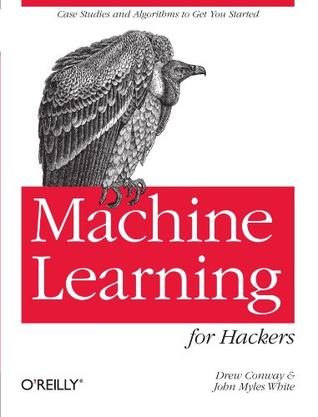
Machine Learning for Hackers
Now that storage and collection technologies are cheaper and more precise, methods for extracting relevant information from large datasets is within the reach any experienced programmer willing to crunch data. With this book, you'll learn machine learning and statistics tools in a practical fashion, using black-box solutions and case studies instead of a traditional math-heavy presentation. By exploring each problem in this book in depth - including both viable and hopeless approaches - you'll learn to recognize when your situation closely matches traditional problems. Then you'll discover how to apply classical statistics tools to your problem. Machine Learning for Hackers is ideal for programmers from private, public, and academic sectors. -
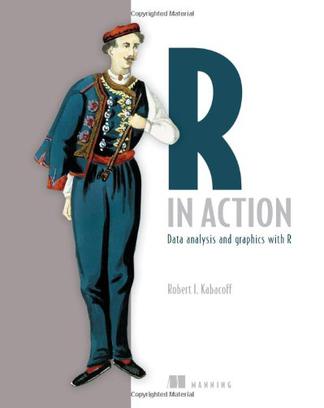
R in Action
The ability to interpret and act on the massive amounts of information locked in web and enterprise systems is critical to success in the modern business economy. R, a free software environment for statistical computing and graphics, is a comprehensive package that empowers developers and analysts to capture, process, and respond intelligently to statistical information. R in Action is the first book to present both the R system and the use cases that make it such a compelling package for business developers. The book begins by introducing the R language, and then moves on to various examples illustrating R's features. Coverage includes data mining methodologies, approaches to messy data, R's extensive graphical environment, useful add-on modules, and how to interface R with other software platforms and data management systems.